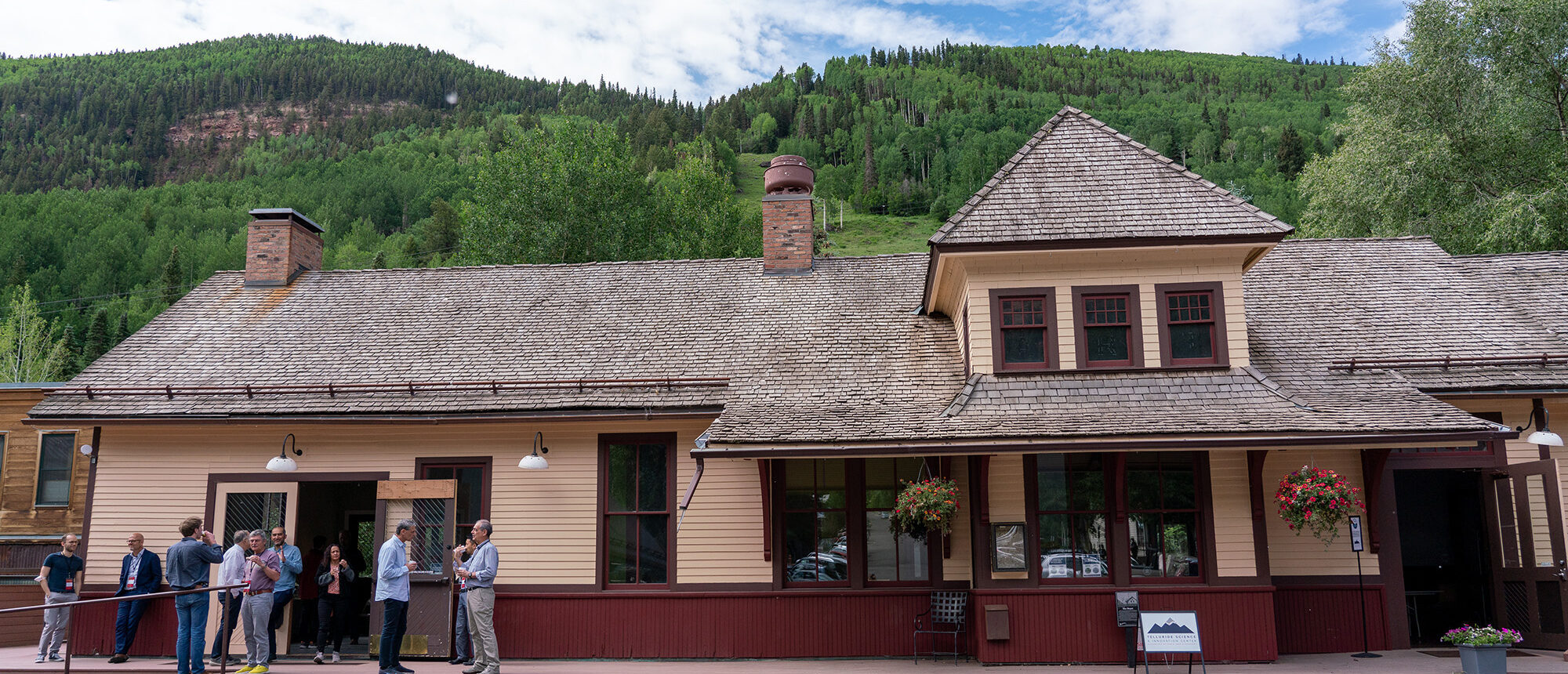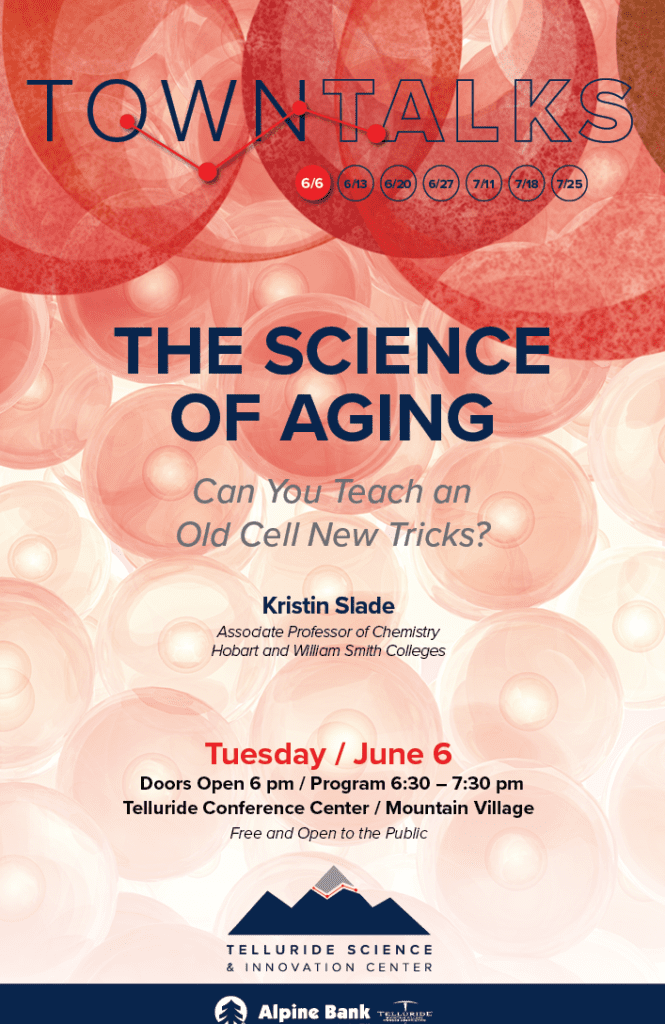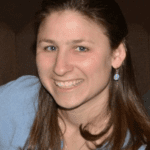Most experts agree that aging and disease are interrelated, but is aging itself a disease? In recent years, scientists have made significant progress in our understanding of factors within a cell that influence aging. As a result, some experts hold the controversial belief that we will eventually be able to reverse this process or at least delay it. This talk will describe the molecular markers of aging, and then focus on recent breakthroughs that have significantly advanced our understanding of two of these markers. First, as animals age, their DNA undergoes distinct chemical modifications that control which genes are read and which genes are ignored. Second, the talk will focus on the crucial regions at the end of DNA strands that protect and preserve genes when cells copy themselves. The length of these regions is influenced by external factors such as diet and even mindset, which is in turn correlated with aging. These current advances, at the molecular level, provide insight about the roles that our daily lifestyle choices play in our rate of aging.


